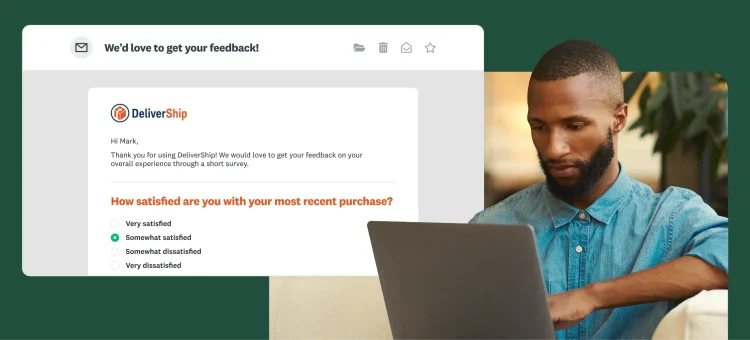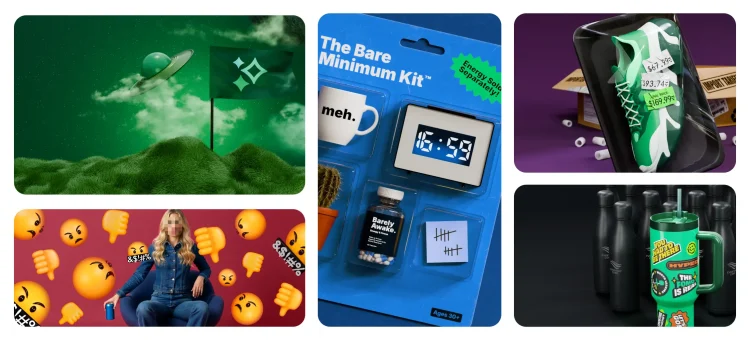As booster shots become more widely available in the U.S., four in 10 vaccinated adults (41%) say they are currently eligible to receive a COVID-19 booster shot, 31% say they are not eligible, and 28% say they are “not sure,” according to new research from SurveyMonkey and Outbreaks Near Me, a team of researchers and epidemiologists at Boston Children’s Hospital.
- 72% of seniors age 65+ who have been vaccinated say they are currently eligible for a booster (15% say they are not; 13% are unsure)
- 31% of adults age 18-64 who have been vaccinated say they are eligible for a booster (36% say they are not; 33% are unsure)
- Uncertainty is higher for people of color: 25% of whites who are vaccinated say they are unsure whether they are eligible for the booster, compared with 31% of Blacks, 33% of Hispanics, 35% of Asians, and 30% of people of other races who have already been vaccinated
- Republicans than Democrats who have been vaccinated say they are eligible for a booster at an equal rate (42%)
- 47% of those who received the Pfizer vaccine say they are currently eligible for a booster, compared with 36% who received the Moderna vaccine and 27% who received the Johnson & Johnson vaccine
- 52% of vaccinated healthcare workers say they are eligible for a booster, the highest of any industry
The new data, collected October 4-10 from a survey of 16,473 adults in the U.S., reveals the confusion surrounding the booster rollout.
Among those who have been vaccinated, 65% say they would get a booster when it becomes available to them; just 6% say they would not, but 20% are unsure.
- People of all races, education levels, and genders are equally willing to get a booster shot when available
- Just 55% of Republicans say they would get a booster once it’s available, compared with 60% of independents and 74% of Democrats
- Pfizer vaccine recipients are most willing to get a booster (71%, vs. 62% among Moderna recipients and 60% among Johnson & Johnson recipients)
- 32% of vaccinated 18-24 year olds are unsure if they will get a booster, the highest among any age group and over triple that of the oldest age group, those over 65 (10%)
Among those who are not willing or unsure whether they would get a booster shot, 28% say they are hesitant because “politics has played too much of a role in the vaccine development and recommendation process,” 25% are concerned about side effects, 23% say they have a lack of trust in the government, 22% say the recommendation is too new, and 22% say there are people who should be prioritized ahead of them.
Read more about our polling methodology here.
Click through all the results in the interactive toplines below:



